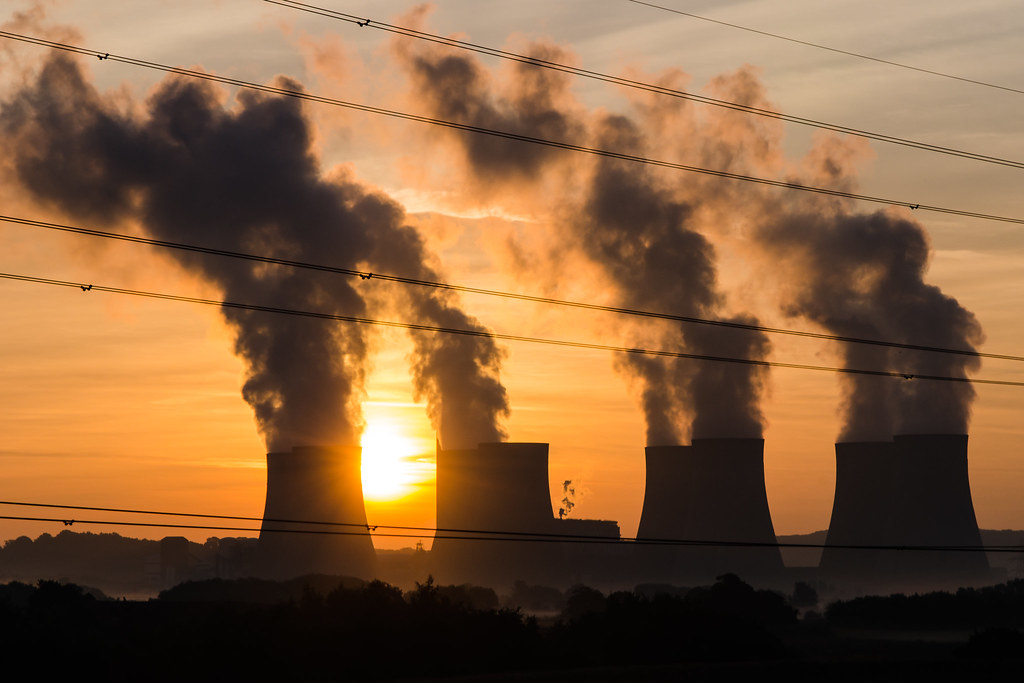The Cost of Comfort: Unveiling Global Fossil Fuel Subsidies
Governments globally are investing billions into fossil fuel subsidies to shield citizens from high energy costs. Yet, these subsidies create fiscal inefficiencies, complicating aims to reduce fossil fuel use. The COP29 climate summit in Baku discusses these challenges, emphasizing the need for subsidy reform to meet climate goals.

Globally, governments are pouring billions into fossil fuel subsidies to shield their citizens from soaring energy costs. This approach, however, results in significant fiscal burdens and undermines efforts to decrease fossil fuel usage.
The recent climate summit, COP29, held in Baku, has reignited discussions around the reduction of inefficiencies spawned by these subsidies, aiming to curb the production and consumption of fossil fuels that heavily contribute to climate change and pollution.
In 2023, the International Energy Agency noted a reduction in fossil fuel consumption subsidies to $620 billion, down from over $1.2 trillion in 2022, a year marked by sky-high energy prices following Russia's invasion of Ukraine.
(With inputs from agencies.)
ALSO READ
Flawed Assumptions: The Troubled $7 Billion IMF Deal
Pakistan Faces Economic Strain as IMF Deal Assumptions Unravel
Quest for Equality: Africa's Struggle for Fair Representation at the IMF
Ksenia Yudaeva's Controversial IMF Appointment Amidst Sanctions
Sanctions and Appointments: The IMF's Russian Dilemma










